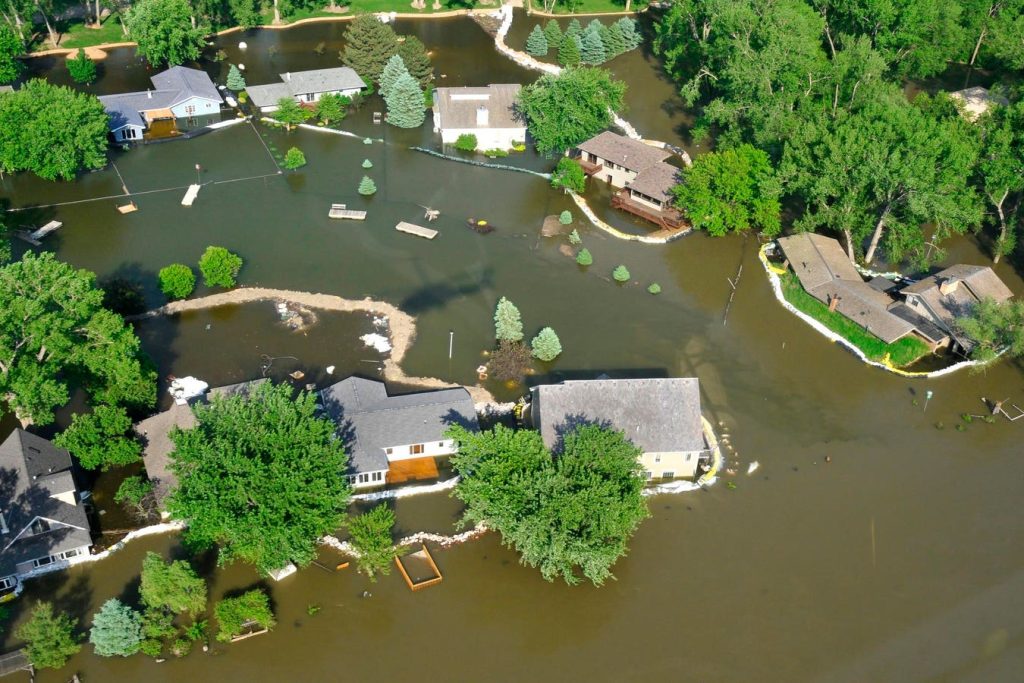Tenzin Seldon, the Founder & Managing Partner of Pulse Fund, highlights the urgent need for targeted investment in resilience to address the impact of climate migration on communities in the U.S. and worldwide. Climate change is a reality that affects all Americans, regardless of political affiliations. Events such as LA’s rare rainfall event and Hawaii’s wildfires are becoming more common, destabilizing social, economic, and political stability.
In 2022, natural disasters forced millions of people worldwide, including 3.2 million U.S. adults, to leave their homes. However, many climate migrants find no refuge in the U.S. Seldon emphasizes the importance of developing financial and systems solutions to enhance resilience against climate change and ensure long-term stability both domestically and internationally through public-private partnerships.
Investing in adaptation projects, such as improving agricultural practices and infrastructure to withstand extreme weather, can help reduce the need for communities to migrate. The greentech sector is growing, with climate-tech startups raising significant funds for innovative solutions. However, there is a need to ensure that investments are allocated efficiently, focusing on less-sexy infrastructure projects that are essential for long-term resilience against climate change.
Aligning private sector resources with government initiatives can lead to practical solutions that bridge silos in perspective and understanding. Community microgrids and projects like the Ohio Creek Watershed in Virginia are examples of initiatives that provide energy independence and address flooding in vulnerable communities. By leveraging public and private finance, solutions can be deployed faster and at a greater scale to protect livelihoods and enhance resilience across the country.
Collaborations between Norfolk, Virginia, and Google, as well as Tesla’s home energy storage solutions, demonstrate the power of intersecting public and private finance to address climate challenges. Smart home devices and data-driven conservation practices can help reduce strain on energy grids and promote resilience. By directing capital to regions prone to migration and supporting initiatives like the Green Climate Fund, the U.S. can address root causes of displacement and set a global standard for strategic foresight and stewardship in the face of climate change.
Ensuring domestic resilience is closely linked to paying attention to international developments, as highlighted by USAID’s Climatelinks report. By directing resources to reduce greenhouse gas emissions, finance the clean energy transition, and cope with climate change impacts, America can enhance its security and serve as a model for global cooperation. It is crucial to act proactively to address climate challenges and safeguard the stability and well-being of communities at home and abroad.


